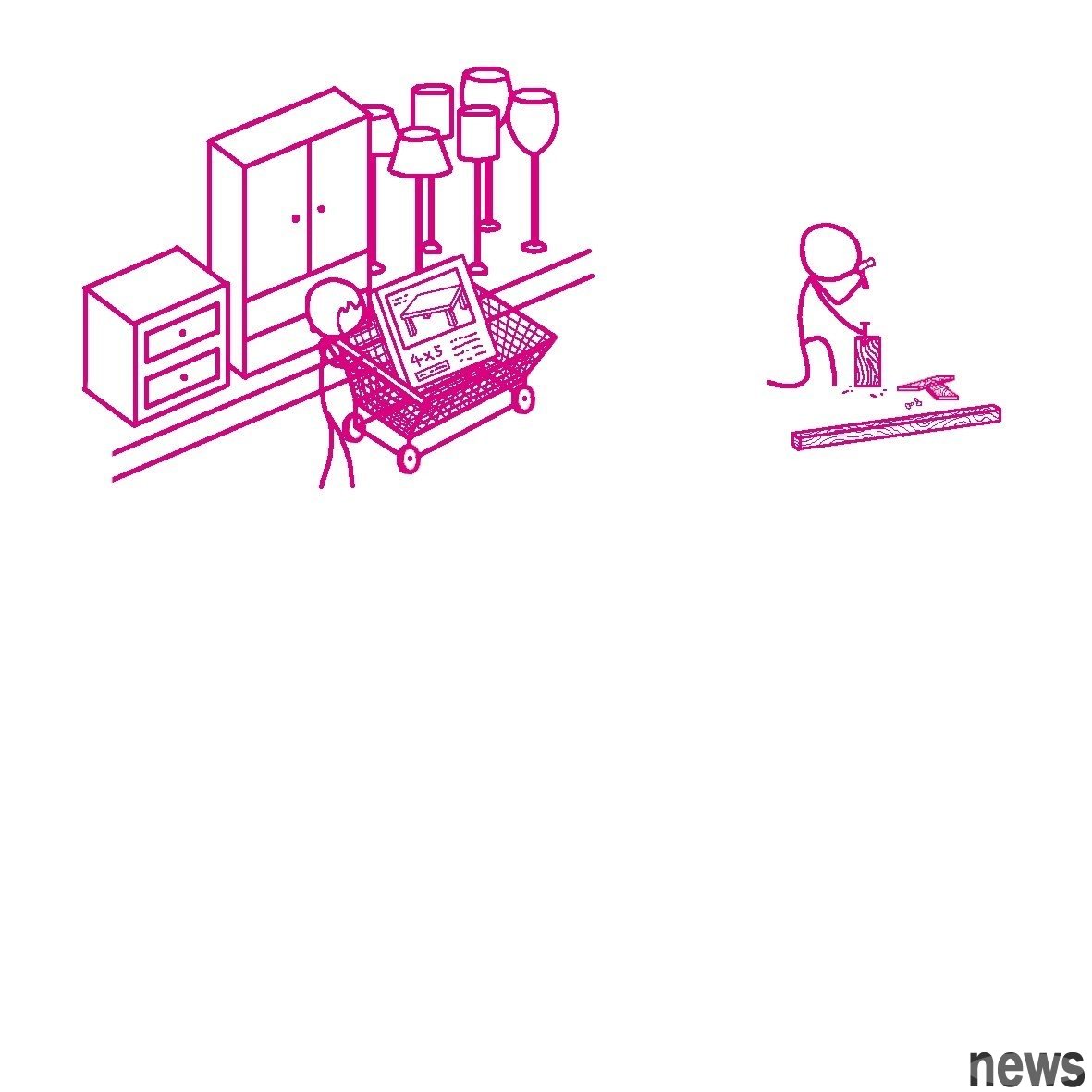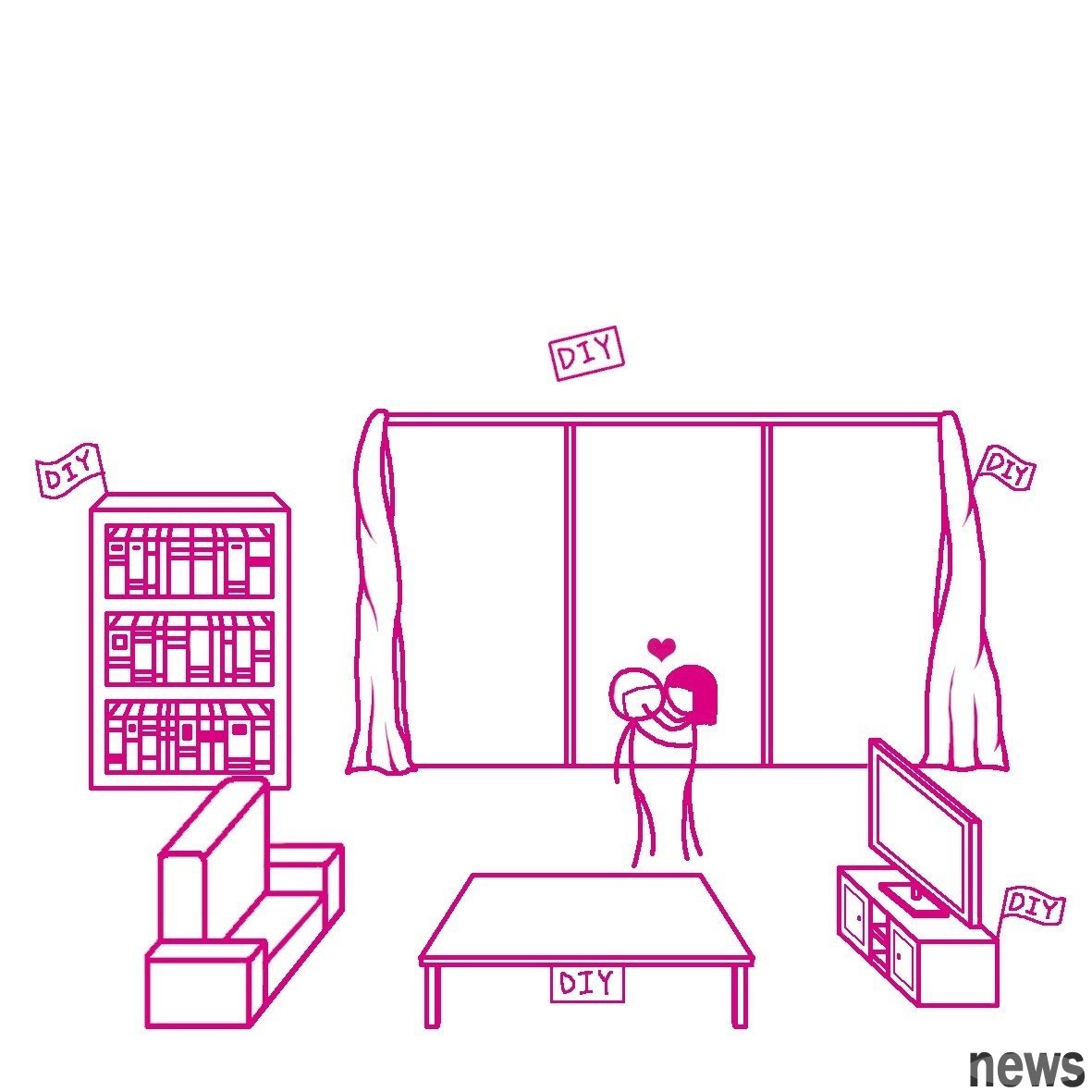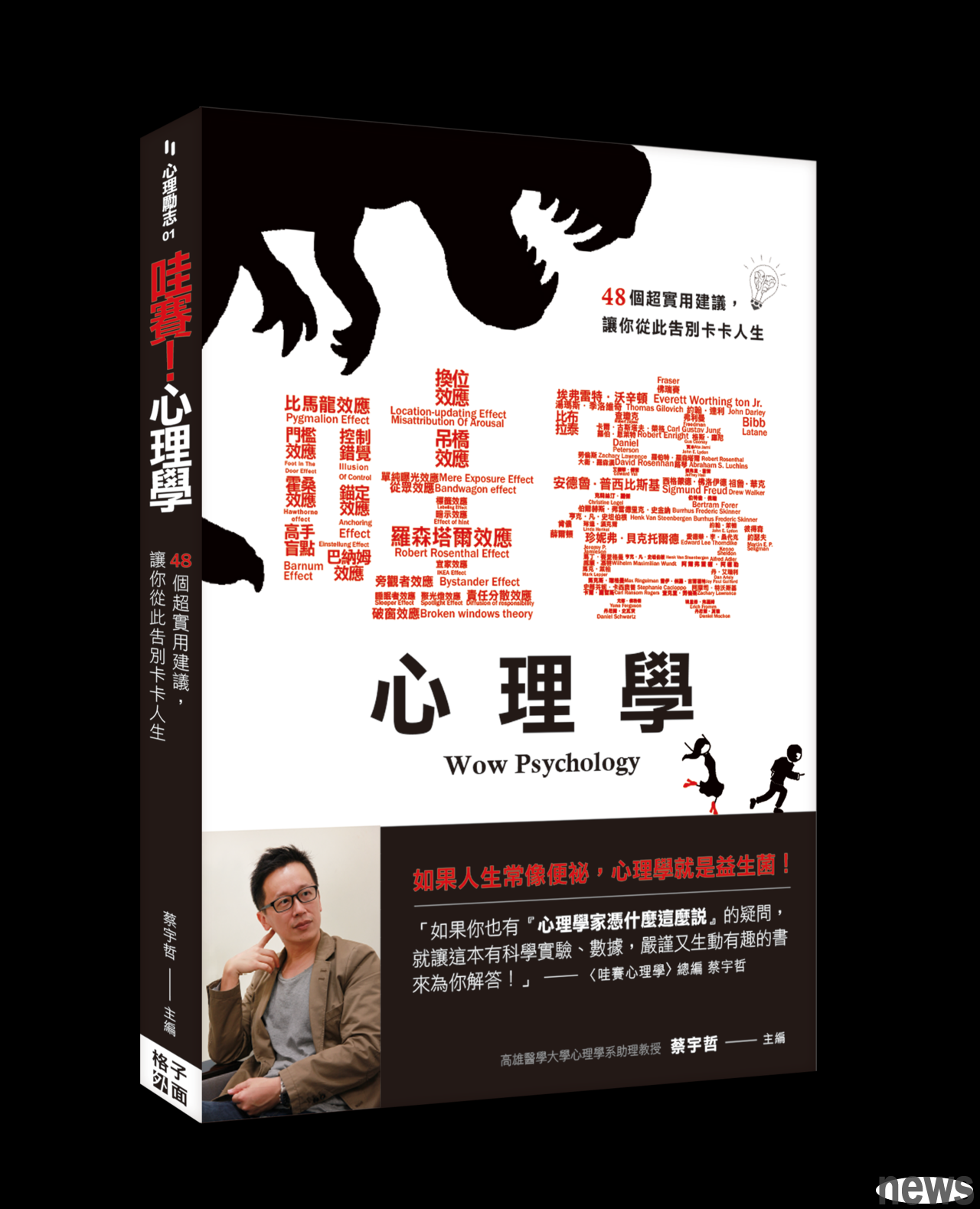Amao's new residence is completed, and everyone is invited to visit his house. Because Amao likes to DIY, he has many furniture in his home that he uses to install it himself. Not only Amao, but many friends around him also like to set things up...
 Amao's new residence is completed, and everyone is invited to visit his house. Because Amao likes to DIY, he has many furniture in his home that he uses to install it himself.
Amao's new residence is completed, and everyone is invited to visit his house. Because Amao likes to DIY, he has many furniture in his home that he uses to install it himself. Not only Amao, but many friends around him also like to set things up by themselves, from small models to toys to furniture, and even house decorations. But this is a very time-consuming thing. In addition to choosing, shipping, and assembling by yourself, it took a lot of time. After doing it, I still don’t see it looking better than the ones I made, and the price is not much cheaper. Why are there still many people happy? Is there any secret in it?

Psychologist Dannyer. Daniel Mochon and Dan. Dan Ariely noticed that when people buy and make their own products, they will love and be more proud of their hands-on products. They were very curious about this phenomenon, so they designed some practical experiments.
In the first experiment, the researchers asked 52 college students and divided them into two groups at random. One of them distributed the storage box assembly materials for them sold by IKEA, and asked them to pack the storage box assembly; the other group directly distributed the installed storage box to them. Then I asked the two groups of college students separately, how much do they like this box? And how much money are you willing to spend?
The results found that college students who packed the boxes themselves prefer this box and were willing to buy it at 63% higher than the other group.
But will it be limited to IKEA items? Or because of furniture. So the psychologist did a second experiment to find out whether non-furniture items also have this effect.
They invited 106 college students and divided them into three groups at random. The first group of students did not learn to fold paper, but only provided them with instructions and some materials, requiring them to fold paper and frogs according to the instructions. After folding, ask them how much they are willing to spend to buy their own works.
After all the first group of students have finished their estimates, please leave. Then ask the second group of students who do not need to be folded to read the works of the first group and ask how much they are willing to spend on these works.
Finally, I will show the works of professional masters to the third group and ask them how much they are willing to spend to buy these works.
It can be imagined that the works of students who have not learned to be folded are of course not very good-looking, and they are really a bit ugly compared to professional works. But those students who use hand-rolled paper are willing to buy their own works at a higher price, even as high as professional works are estimated.
There is also a practical experiment that requires students to pack a storage box. One student will complete the assembly, and the other student will be stopped halfway through the assembly. As a result, it was found that students who did it themselves were willing to spend more money to buy the boxes than those who could not complete them. That is to say, it is not just about doing it yourself, but also about completing it, so that the value will be revealed.
Psychology advice youFrom the above experiments, we can know that when we complete an item with one hand, we will feel that we are very harmful and great, and will give the work a sense of love and pride of "I did this!". Both of these feelings make us feel more valuable about the products we make by hand.
Therefore, the advice given to you by psychology is that sometimes you try to make two hands, create or even create something yourself, whether it is painting, wood or assemble daily necessities, it can make you cherish the items around you more.
In the future, when you are decorating a house, if you can, do it yourself. Maybe it will only cost you hundreds of thousands of thousands of yuan, which will make you feel happy to live in a million decoration home!

Source:
The IKEA effect: When labor leads to love. Journal of Consumer Psychology.2012;22:453–460.
This article is excerpted from "Wow! Psychology: 48 super practical suggestions to let you bid farewell to Kaka's life from here"
 [Bookbook Introduction]
[Bookbook Introduction]
Book name: "Wow! Psychology: 48 super practical suggestions, let you tell Kaka life from here》
Author: Cai Yuzhe
Publisher: Grid Outer Culture
Publication Date: 2018/03/01
[Author Introduction]
Cai Yuzhe, Ph.D. in Psychology, is currently an assistant professor in the Department of Psychology at Kaohsiung Medical University and vice chairman of the Taiwan Applied Psychology Association. He is also the founder and editor of "Wao Competition Psychology".
Pan-Science, Yuanqi.com, Falling/Lost Garden, Chinese Daily Science Edition, Lions and Young People, and other specialized authors, "Magic Psychology".